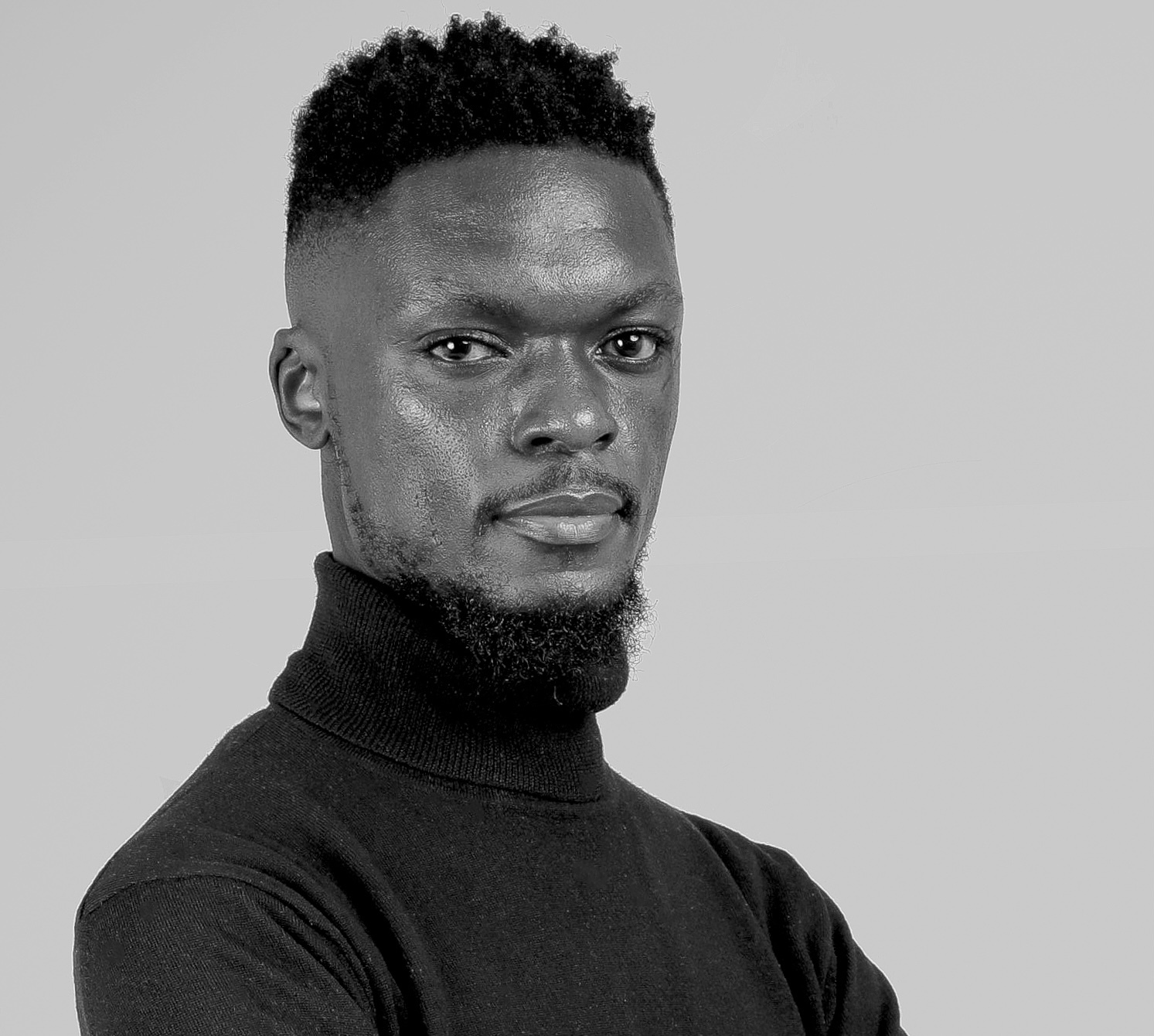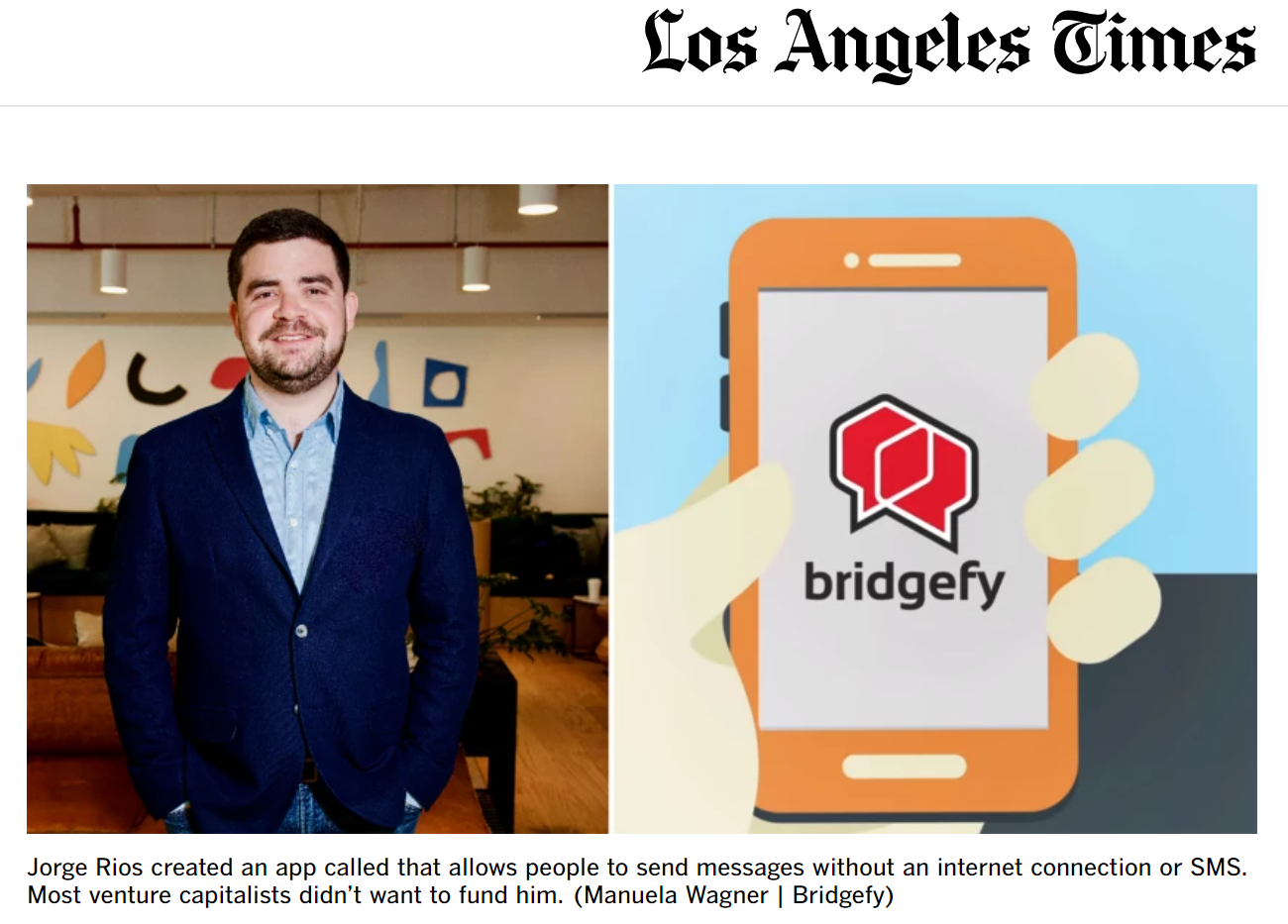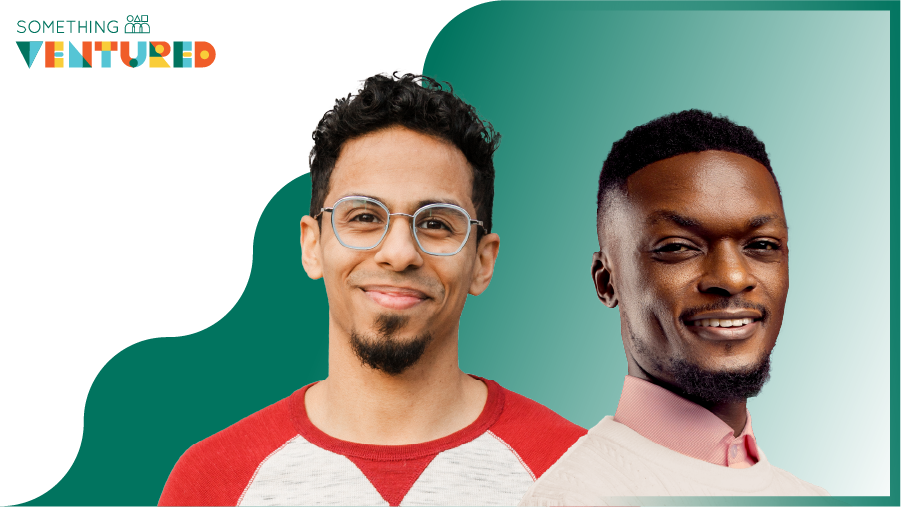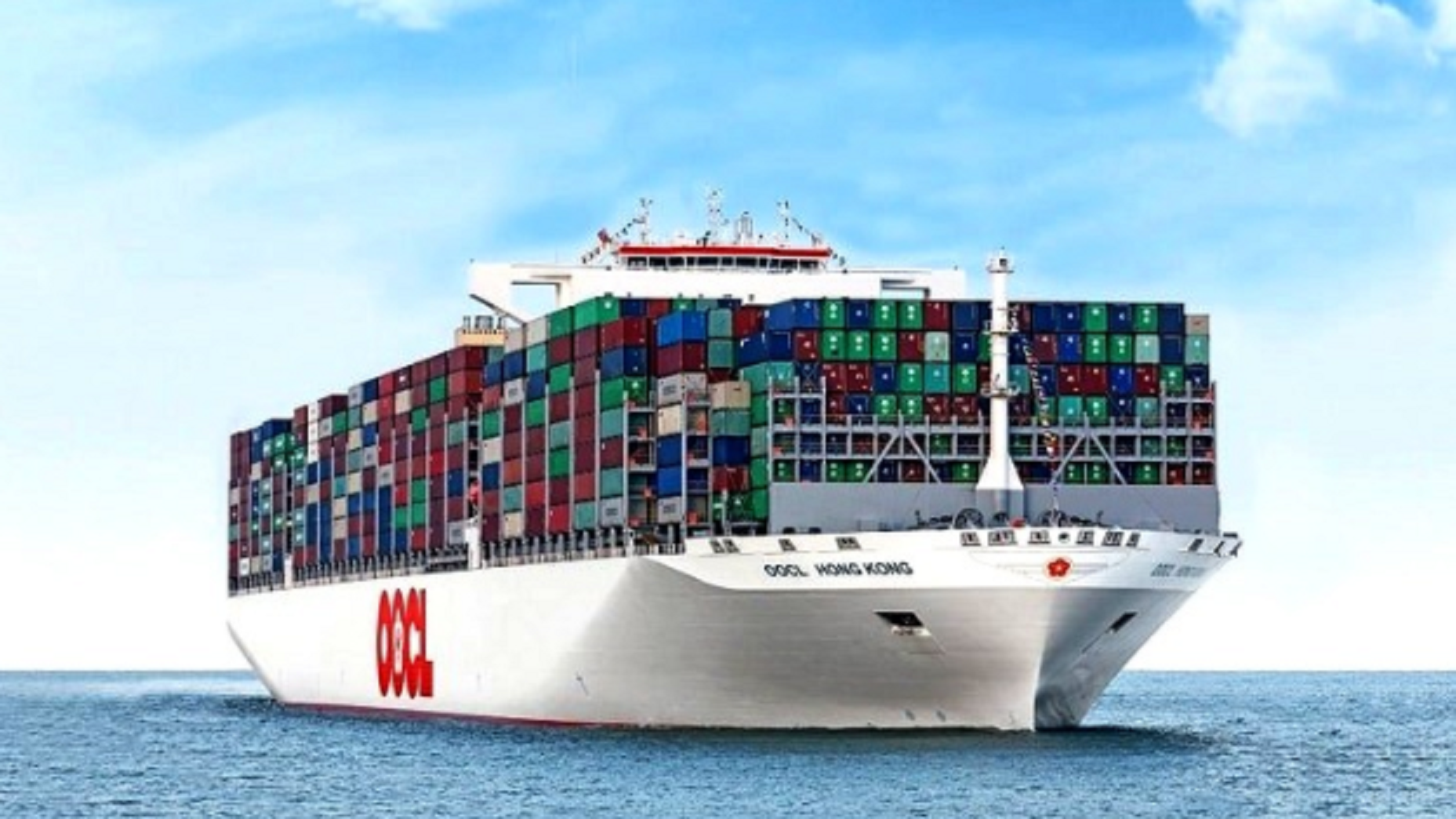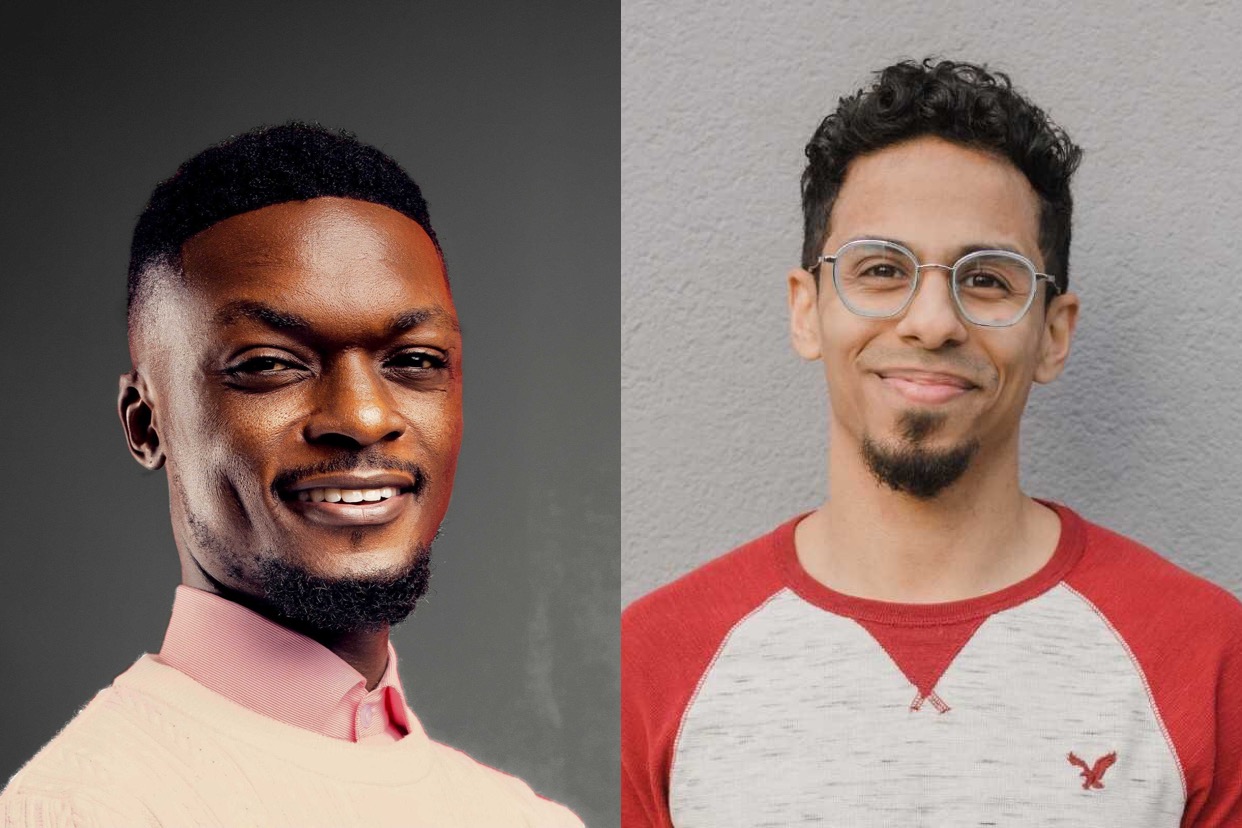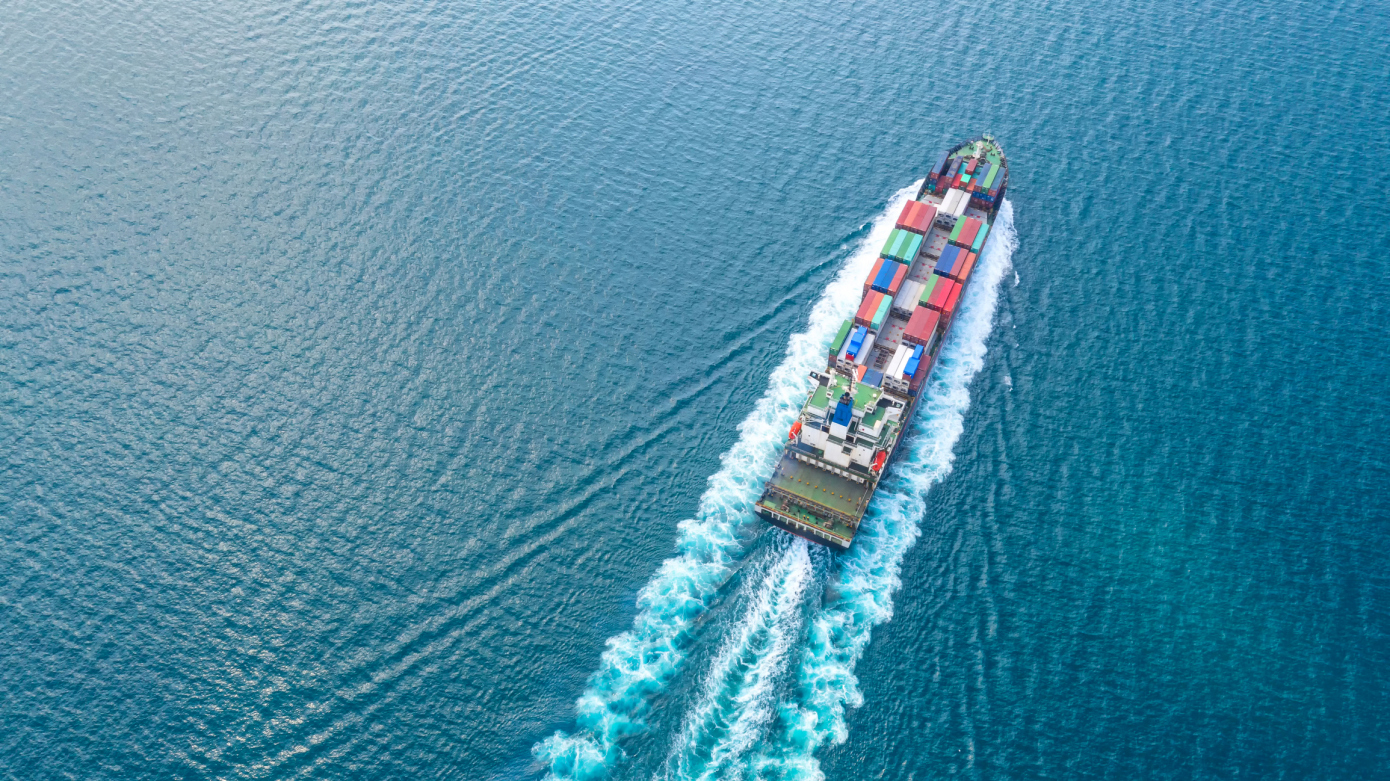Something Ventured Part 2: It’s ‘Up And To The Right’ For Sote Founders And Their African Logistics Platform

What a difference a year makes.
Last summer, Meka Este-McDonald and Felix Orwa were scrambling to keep their young startup, Sote, from going under. These days, the founders are managing fast growth, company culture and their tech infrastructure as they plot a path to Series A.
“Call it luxury problems, if you will,” said Este-McDonald, who serves as Sote’s chief product officer and is based in Berkeley, California.
Sote is a tech-enabled platform that helps industrial import and export businesses in Africa manage complex trade logistics like clearing customs and managing shipping containers. It has raised $4.4 million in total funding since closing a $3.6 million seed round led by MaC Venture Capital at the very end of 2020 — a long and difficult year for the young company.
CEO Orwa runs the business from Nairobi in his native Kenya and spoke with us last time about his deep passion for unlocking trade and economic potential on the African continent.
When we caught up with Este-McDonald again in June, Sote was processing 160-plus containers per month — up from about 30 containers in a good month at the same time a year ago.
“Half one of last year and half one of this year are worlds apart,” he said.
The company is also pursuing new deals that could significantly grow its revenue margins, he said, and signed on as many new customers in June as it did in the entire first quarter.
“As long as the customer base is growing, eventually those volume numbers of what they’re actually doing in any given month — essentially our volume potential — is growing. … That’s the thing that we are most excited about at this point,” he said.
‘De-risking’ the business
It’s worth noting that Sote is ramping up at a strange time for the logistics industry — oil prices are high and global supply chains have been stressed by pandemic lockdowns and now resurgent demand.
“There’s a saying that ‘Good companies can grow with favorable market conditions, great companies can grow in any market,’ ” Este-McDonald said. “We want to be a great company.”
For Sote, that means putting the work in now to build out a diversified customer base that is more resilient to market conditions, he said.
“One of the things that less-than-favorable conditions do is force you to answer some of these fundamental questions earlier,” he said. “If you don’t need to look at leading indicators because your absolute numbers are growing at such a fantastic rate that you don’t even question, ‘Hey, are we really making sure that fundamentals that are underlying this are really working?’ you just don’t check it. Because why would you when the numbers are all up and to the right?”
But when the landscape is rockier, “it forces you to really think about how to de-risk your business in a much more fundamental way than companies that just get money thrown at them easily.”
Laying the foundation for Series A
The founders are also investing in some of the more mundane, but crucial things, like Sote’s underlying technology and the culture of the company, which has a few dozen people spread out across multiple continents.
“We’re still young and building a communication infrastructure that can support 40 people to make the best decisions they possibly can — and have all those decisions aligned towards the same goal — is more of an interpersonal challenge than people give it credit for,” Este-McDonald said. “It’s one that we are running into a little bit earlier than, I think, other companies at our stage.”
To that end, Orwa and Este-McDonald hired an executive coach to help guide their decision-making. “That’s been really great for dealing with these growing pains,” Este-McDonald said.
In the same vein, Sote recently completed a months-long migration of its entire tech stack — not easy when you’re simultaneously growing at breakneck speed.
“Tech stack migrations kind of fall into the general bucket of tech debt, which is the bucket that people tend to allow to just overflow and not have to think about,” Este-McDonald said. “But part of the calculation for us is when did we want to pay this? Because it was clear that the tech stack we were on was not going to take us to the promised land.”
Those sorts of issues aren’t always top-of-mind for scrappy seed-stage companies, but Sote’s founders consciously decided to invest now rather than later.
“The seed stage is a great time to get your ship in order technology-wise,” Este-McDonald said. “Everybody’s going to have their own theories, but I think it’s a better time than post-Series A because of the expectations — basically all metrics at Series A need to be up and to the right. Everything then is about building on a foundation that already works.”
Photo illustration by Dom Guzman shows Meka Este-McDonald, left, and Felix Orwa, right.
This article was written by Marlize van Romburgh for Crunchbase.
